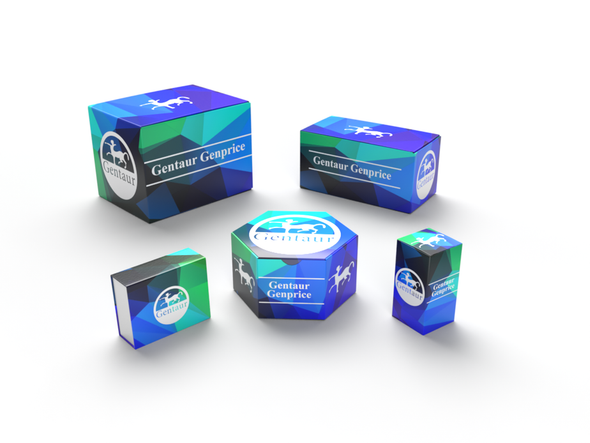BW
CPXM2 polyclonal Antibody | BS61150
- SKU:
- BW-BS61150
- Availability:
- Usually ships in 5 working days
Description
CPXM2 polyclonal Antibody | BS61150 | Gentaur UK, US & Europe Distribution
Host: Rabbit
Reactivity: Human,Mouse,Rat
Application: WB
Application Range: WB: 1:500~1:1000
Background: Members of the M14 metallocarboxypeptidase protein family serve many diverse functions and are divided into three subfamilies based on structure, function and amino acid sequence similarity. Belonging to the N/E subfamily, CPXM2 (Inactive carboxypeptidase-like protein X2) is a 756 amino acid protein that contains a F5/8 type C domain and is secreted. Most members of the N/E subfamily contain several domains, including an active carboxypeptidase domain and signal peptide and are thought to function mostly in mediating protein-protein interactions and/or protein-membrane interactions, thereby targeting the protein to specific locations within the secretory pathway. CPXM2 is a unique member of this subfamily in that it does not appear to exhibit any enzymatic activity due to lack of several active-site residues that are present in the catalytic domain of other members of the N/E subfamily. Expression of the closely related protein CPXM is regulated during osteoclastogenesis, suggesting that CPXM may play a role in osteoclast differentiation.
Storage & Stability: Store at 4°C short term. Aliquot and store at -20°C long term. Avoid freeze-thaw cycles.
Specificity: CPXM2 polyclonal Antibody detects endogenous levels of CPXM2 protein.
Molecular Weight: ~ 86 kDa
Note: For research use only, not for use in diagnostic procedure.
Alternative Names: Inactive carboxypeptidase-like protein X2; CPXM2
Immunogen: A synthetic peptide corresponding to residues in Human CPXM2.
Conjugate: N/A
Modification: N/A
Purification & Purity: The Antibody was affinity-purified from rabbit antiserum by affinity-chromatography using epitope-specific immunogen and the purity is > 95% (by SDS-PAGE) .
Pathway: N/A






